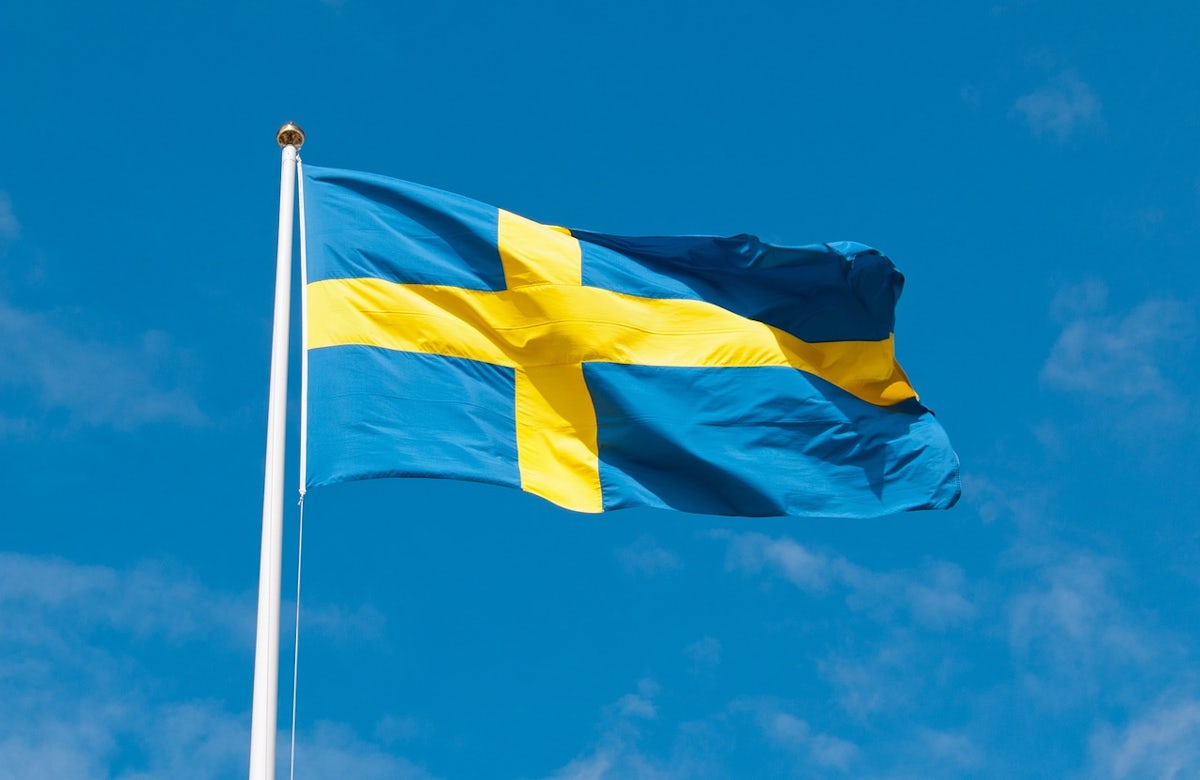30 years ago, on July 18, 1994, a van filled with explosives drove into the AMIA Jewish Synagogue in Buenos Aires, Argentina. 85 people were killed and over 300 injured in the worst terrorist attack in Argentina's history.
I am currently participating in the 30th anniversary commemoration of the AMIA bombing, organized by the Argentine Jewish Congregation, part of the World Jewish Congress (WJC). In conjunction with this, the WJC is also organizing a counter-terrorism summit with security and home affairs ministers from around the world.
After decades of investigations and trials, marked by irregularities, political interference, cover-ups, and finally the murder of the investigating prosecutor, Alberto Nisman, Argentina's highest criminal court ruled in April 2024 that Hezbollah and Iran were behind the bombings. Hezbollah is a terrorist organization based in Lebanon, supported and financed by Iran. As Iran's proxy in the region, the terrorist organization Hezbollah secures Iran's geopolitical goals and increases its influence.
Sweden has also become familiar with Iran's terror. Last spring, it became public that Iran had plans to murder several Swedish Jews. It was also revealed that Iran uses gang criminals to spy and carry out attacks against Jewish and Israeli targets in Sweden.
Now a major war threatens between Israel and Iran's proxy, Hezbollah, which has fired thousands of rockets from Lebanon at Israel since October 7. This is in addition to Iran's direct attack on Israel on April 13, when 170 attack drones, over 30 cruise missiles, and more than 120 ballistic missiles were fired at the country. The Iranian regime's stated aim of annihilating Israel is clear. Its decades-long sponsorship of international terrorism risks escalating into a regional war in the Middle East.
The misleading distinction between Hezbollah's "military" and "political" branches must be abolished. In practice, they work together as a cohesive network to advance the organization's terrorist agenda. The difference is only nominal.
Sweden claims that it follows the EU's line of distinction between Hezbollah's various branches. However, our EU neighbors Estonia, Latvia, Lithuania, Germany, and the Netherlands have already classified Hezbollah as a terrorist organization. Sweden must recognize the security threat Hezbollah poses both globally and nationally and label the entire organization a terrorist.
Israel's war against Hamas, a terrorist army that, like Hezbollah, is financed and controlled by Iran, has already led to an increased terrorist threat and political division in Europe. With an arsenal of around 150,000 missiles and a force of 40,000–50,000 soldiers, Hezbollah is significantly more dangerous than Hamas. In a war between Hezbollah and Israel, Iran is likely to step up its hybrid warfare. This would further weaken Europe's and Euro-Atlantic security, which would lead to very serious consequences for Sweden and Europe.
On the 25th anniversary of the terrorist attack on the Jewish synagogue in Buenos Aires, the country's government classified Hezbollah as a terrorist organization. Shortly afterwards, neighboring countries Colombia, Paraguay, Honduras and Guatemala took the same step.
As we now mark the 30th anniversary of this terrible attack, Sweden should contribute to regional security by classifying all of Hezbollah as a terrorist organization. Sweden should also work for the EU to do the same. Today's security policy challenges tolerate no ambiguity.
This editorial was originally published in Swedish in Expressen.







